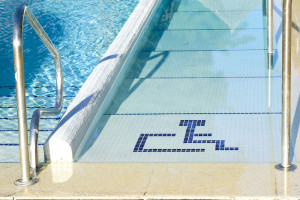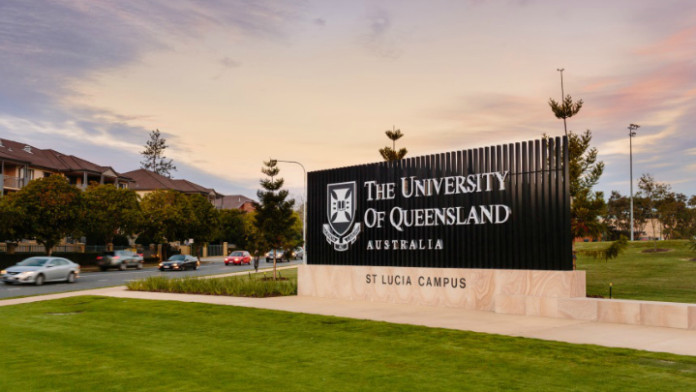Every student deserves a fair start in their academic life, including the special needs ones. Brisbane and the University of Queensland are making sure of that. During his postgraduate study, Salim managed to observe how students with special educational needs are provided with broad range of assistance to ensure they can, too, be successful despite the odds.
Before commencing my postgraduate study at The University of Queensland (UQ), I had never thought that facilities provided by the University to its disabled students or staff members were already very extensive. Yes, I had previously heard that public amenities in the developed world were already more advanced and provided greater accessibility for people with disabilities, but I never observed such a situation by myself until I stepped my feet Down Under.
I was amazed by how the UQ campus was designed in such a spectacular way enabling the disabled to access facilities the campus had to offer. I could imagine that even since the beginning, the University had put a strong emphasis on the accessibility of campus facilities for those with physical difficulties.
At the entrance of buildings at the St Lucia campus, I noticed that staircases were not the only way to access the buildings. They were generally accessible by wheelchairs. Additionally, the elevators are spacious enough to hold a wheelchair inside. You could also find toilets designated for people with disabilities. In the parking areas, you would probably find that there were parking spaces reserved for the disabled.
Occasionally I saw the disabled UQ students as well as staff members, and I was fascinated that the facilities provided by the university enabled them to perform their activities independently. They could attend classes, make the most of library facilities, and even enjoy the parks and various amenities on university premises.

Not only in campus, I also found such great disabled-friendly facilities in Brisbane’s public transport system. I could see serious effort made by the city council to make public transport more accessible and friendlier for those with disabilities. There were barrier-free entrance at train stations and ferry stops. On trains, buses, and ferries, there were also a designated space for wheelchair passengers. Bus drivers were always ready to help passengers needing assistance.

It was always heartwarming to see great attention and effort put by the government and relevant parties to make sure that public facilities and amenities were easily accessible by the disabled. In ongoing endeavor to promote the integration of the disabled persons into society, providing greater accessibility for such individuals is definitely a must. The disabled-friendly facilities and amenities would undoubtedly encourage them to participate in more community activities, as well as give them a higher level of independence.
I believe Indonesia could learn an important lesson on how the developed economies had striven to promote accessibility of public facilities and amenities for all. Indeed, a law concerning the disabled persons had been enacted back home, but it seems a lot of homework still needs to be addressed. In line with the increasing awareness of the needs of persons with physical disabilities, we hope to see more enhancements to the accessibility of public facilities and amenities in the years to come.

Interestingly, the important lessons we could learn from the developed world was not only about accessibility, but also about support for disabled students. For example, as can be found on its website, UQ provides ongoing support for students with disability. It is interesting to find that UQ employs a disability adviser who will help disabled students evaluate their academic access requirements, develop a Student Access Plan for them, and organize the appropriate arrangements.

Later, I was again impressed that the government’s support for the disabled citizens were not only about greater accessibility and necessary support during school or college, but also in addressing the issue of equal opportunity in the job market and the workplace. In either national or state levels, there are the so-called equal opportunity or anti-discrimination commissions, which promote equality of opportunity as well as provide remedies in respect of discrimination on the basis of a number of different personal characteristics, including impairment or physical disability.
The above-mentioned condition might explain why in Australia I could frequently see disabled persons in public areas, living their lives just like other citizens. Through the creation of an environment friendly for them, all members of the public could engage and contribute to making progress in the community no matter what their physical condition. A condition that hopefully could be more easily found in my home country in the near future.
Source of photos: choosebrisbane, gettyimages, BRISBANEKIDS, and The University of Queensland







